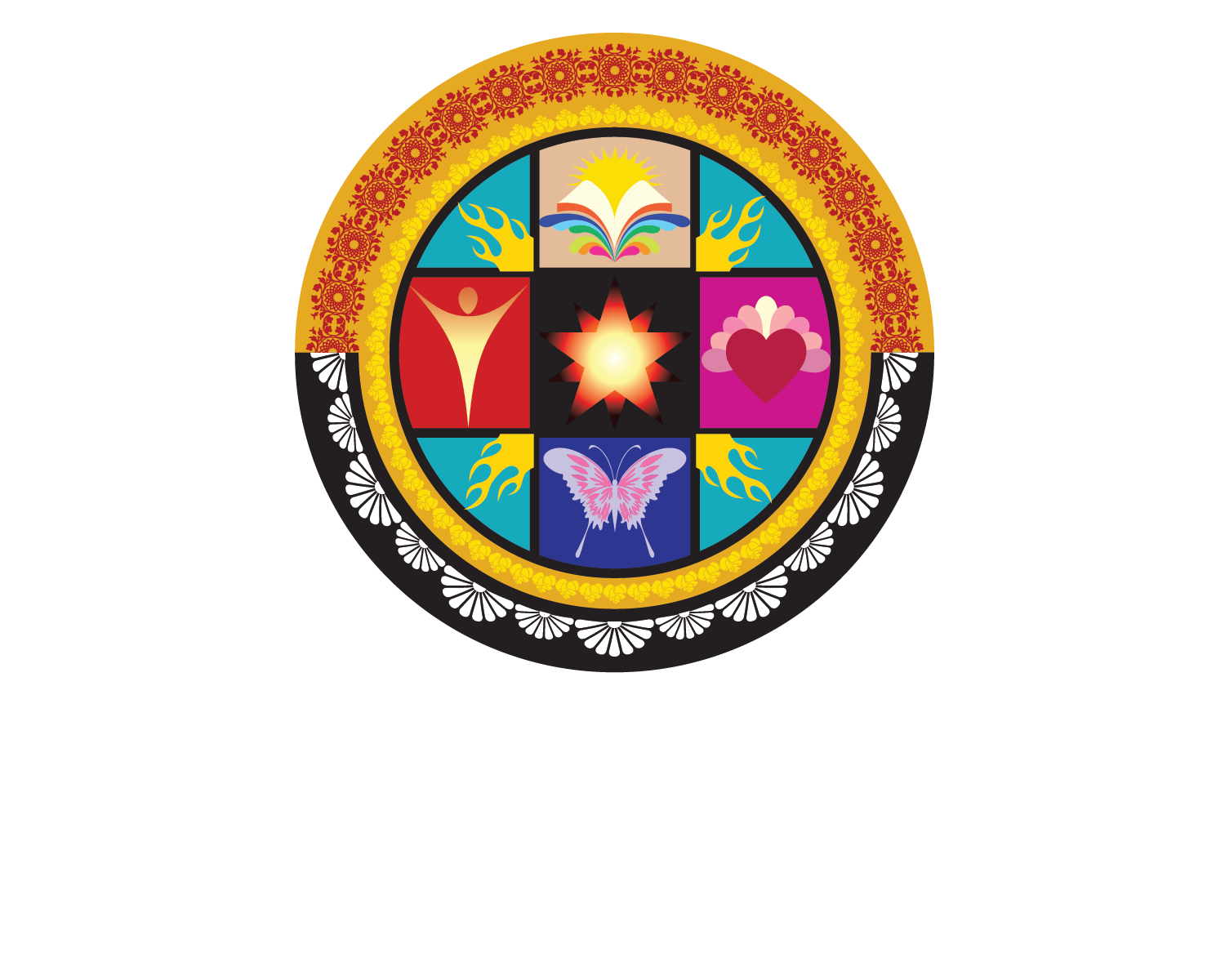Madison Olguin Receives 2023 Princess Grace Award
Madison Olguin and Cralos Menchaca perform alongside members of Yjastros: The American Flamenco Repertory Company
photo: Farruk
“Madison Olguin enrolled at our partner charter school, Tierra Adentro of New Mexico, as a middle schooler. At Tierra Adentro, Madison studied guitar, Spanish dance, and visual arts along with her academic studies. Madison was a talented student from the get go.
Madison augmented her study at the Tierra Adentro by taking classes at the Conservatory of Flamenco Arts, where I was her teacher. I also worked with Madison over the years in her pursuit of an undergraduate degree in Dance with a concentration in Flamenco from the University of New Mexico.
I have worked with Madison for over a decade and it has been a pleasure to see her grow. The thing I like best about Madison is that she is a quiet individual who seems to find power and rowdiness in her dancing. Her artistic voice is becoming louder and I love it! As a young artist, she pushes herself and is hungry. I look forward to watching Madison continue to grow in her career and I am very excited about what this well-deserved recognition from the Princess Grace Foundation will mean in her journey as a dancer.
Finally, I believe that Madison will be an artist who will use the strength and knowledge she acquires in her skill to give back to her community. Madison is a native New Mexican who has been blessed with great opportunities to grow as an artist, and I believe that Madison has a spirit of wanting to pay that forward. “
— Marisol Encinias, Executive Director of the National Institute of Flamenco
In Olguin's Creative Statement to the Princess Grace Foundation she writes:
The Taranto is a song form that came from Roma miners in Spain. It is one of the most difficult palos to dance because the singer has the artistic freedom to stretch and elongate the phrasing, resulting in the dancer having to listen, be very flexible, and adjust instantly.
This complexity is what initially drew me to Taranto. My artistry helped me connect to the miners by envisioning them in the dark, shoveling and swinging their tools for unending hours. I felt the ever-present danger of a cave-in, rooted in the knowledge that these Roma people were terribly oppressed and forced to work under perilous conditions. I felt their emotions as I imagined the crushing difficulty of their lives, their back-breaking work, their striving for justice, and to be seen as a person with dignity even though they lived in abject poverty.
I let those emotions fill me as I expressed them through the dance. These people were my ancestors. When I dance flamenco, I celebrate their strength and resilience. Their lives were lived in the shadows, both literally and in terms of their socio-economic status. But, as psychologist Ayala Pines states, “The shadow is also the source of creativity, vitality, and spontaneity."

